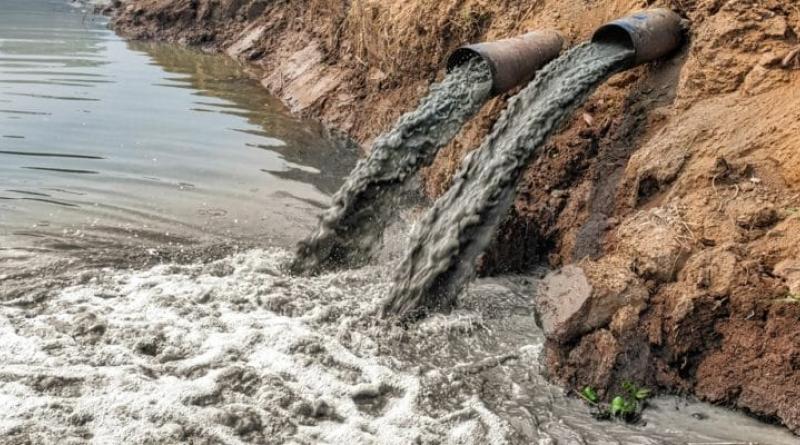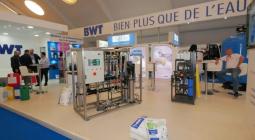MOROCCO: in Fez-Meknes, the hunt for water pollution by vegetable waters

After the inauguration of the Sebou-Bouregreg water highway in August 2023, the Autonomous Water and Electricity Distribution Authority of Fez (Radeef) wants to fight against pollution by water sources in the Fez region. Meknes in Morocco, upstream of the Sebou dam. This blackish liquid from the extraction of olive oil is the cause of the pollution of waterways.
In order to preserve available water resources, Morocco also focuses on upstream depollution. It is with this in mind that the Autonomous Water and Electricity Distribution Authority of Fez (Radeef) recently launched a project to combat pollution by vegetable waters, in the Fez-Meknes region, upstream of the dam. of Sebou where excess water will be pumped to supply the Bouregreg basin, at the Sidi Mohamed Ben Abdallah dam.
Indeed, the Moroccan region is home to more than 320,000 hectares of olive groves, contributing to 38% of the kingdom's total olive production. Olive oil is extracted in some 4,810 crushing units, representing a capacity of 769,000 tonnes. The liquid waste or vegetable waste obtained during this operation would be responsible for 88% of industrial water pollution in Fez-Meknes. This blackish substance heavily loaded with organic matter requires a high consumption of oxygen leading to eutrophication of water.
The vegetable waters would also reduce the quality of soil, because they contain toxic substances which are fixed in the soil, and would cause the shutdown of drinking water stations and the Fez wastewater treatment plant for more than three months during a year. This is causing significant damage to Fez-Meknes, in a context marked by water stress. In the region populated by nearly 4.3 million inhabitants, Radeef will allocate 548 million Moroccan dirhams (around 50 million euros) to the fight against pollution by water sources.
The construction of vegetable water treatment stations
This funding will be intended for the construction of seven vegetable water treatment stations, as well as 28 evaporation ponds. These facilities will be built on 100 hectares, between the prefectures of Fez, Sefrou, Moulay Yacoub and Taounate. The vegetable waters will be transported there free of charge by tanker trucks for the first two years, indicates Radeef.
But before the actual work begins on the various sites, an olive oil decontamination study will be carried out upstream of the Sebou dam. Carrying out this study will require funding of 10.5 million Moroccan dirhams (nearly 951,000 euros).







